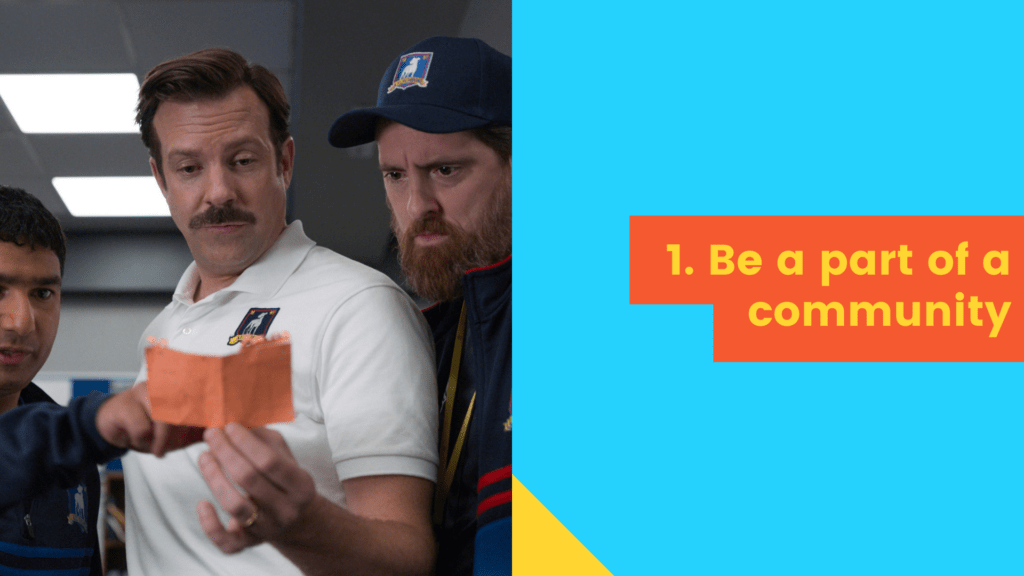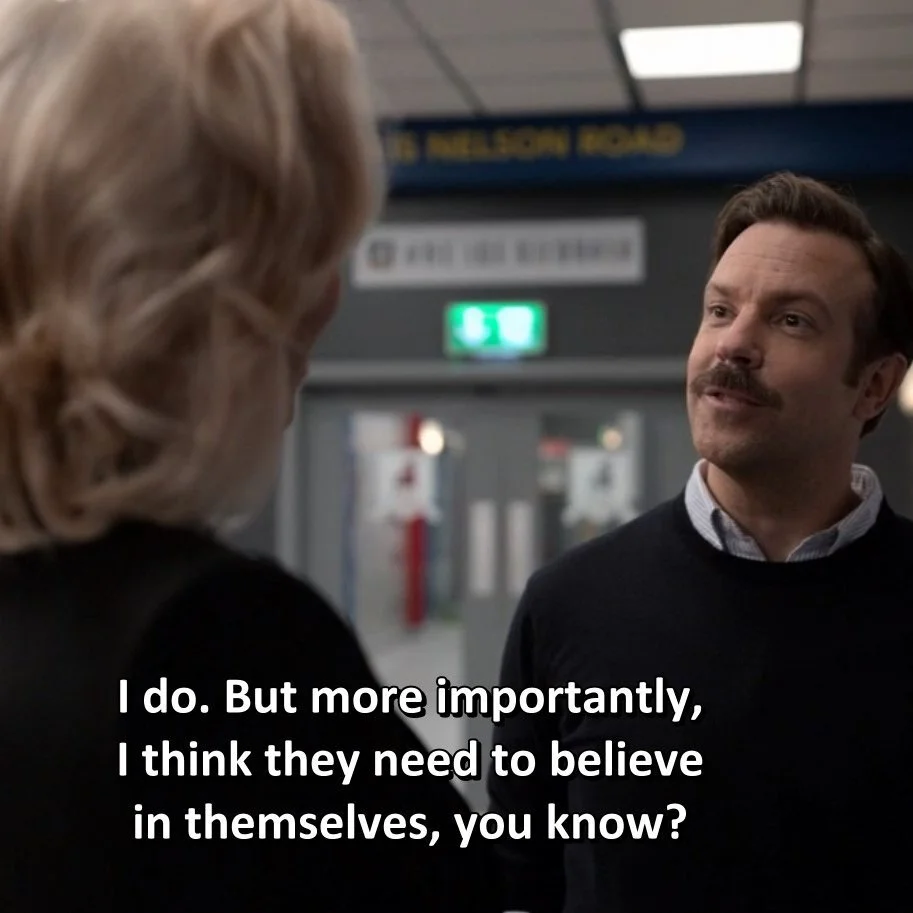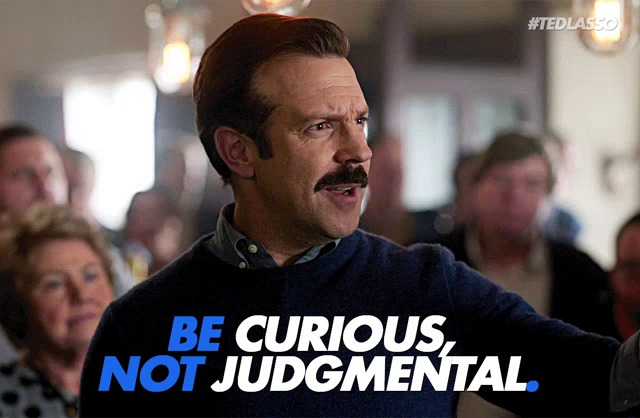The Meaning of Mentorship Series - Alex Her
The Meaning of Mentorship
How do you find a mentor, or even realize that you need one? What do you bring to your mentor, vs your boss? How do you work with a mentee effectively, so that you both benefit from the relationship? How do you know that relationship is working? In this series, we explore the rich and dynamic relationship between mentors and mentees through the stories of our TBA community members, so that you have real-world examples and takeaways as you embark on, or further develop, your own mentorship journey. Today, we kick things off with our Marketing Committee head, Alex Her (he/him)!
Alex sits in Austin, Texas and has been a Talent Brander for over five years. In that time, he has experienced both sides, learning as a mentee and giving back as a mentor. (Yes, you can do both — at the same time, if you have enough capacity to manage both relationships!)
Statistics show that mentorship has tangible benefits: mentees are promoted 5x more often than those without one, and mentors are 6x more likely to move up. Good news: more than 70% of Fortune 500 companies offer mentorship programs. (Forbes 2021) If you need to forge your own path, Alex provides insights from his experience below.
This series is called The Meaning Of Mentorship. What does mentorship mean to you - both as a mentor and a mentee?
To me, being a mentor means sharing my knowledge with a mentee and helping to guide them along their career journey. As a mentee, it means having the opportunity to learn from some of those who are farther along in their journey than I am and to tap into their wisdom on all things relevant to my field of interest.
How did you find your mentor? If you actively sought out mentorship, how did you know it was the right time?
I found my mentor by accident. I was connected with a former coworker who was a mentee, and they in turn connected me with my mentor!
How do you and your mentor work together?
We worked together by talking about strategies, work case scenarios, and just how to navigate the ever-evolving TB landscape.
How do you know what to bring to your boss, vs entrusting to your mentor?
So, I think it really comes down to using your best judgment. In some cases, you might be lucky enough to have a boss that is very much your mentor and open to you bouncing ideas off of them. However, if that's not the case, I'd run specific scenarios and ideas by your mentor, then put it together in a plan to run it by your boss.
Do you mentor others as well? If yes, how did you find each other? How did you know it was the right time to work with someone?
Yes, I mentor others as well. Others have found me simply by reaching out for help or me reaching out to provide guidance. I guess I can't really say if there's a right time to work with someone or not. In my opinion, I just always try to pay it forward. There was once a time where I didn't know jack about anything. Had others in the space not opened their calendars to help me out, who knows where I'd be now. More than anything, I'm not concerned about the time but more concerned about the individuals' willingness to learn. I will always mentor and teach, but you have to be willing to listen and go out and execute. You'll never learn or come up with a new unique campaign or project if you don't.
How do you and your mentees work together?
Mentees and I work together by working through real-life situations. I always find that works best.
What do you believe creates an effective mentor/mentee relationship?
The one thing that creates an effective mentor/mentee relationship is honesty and trust. If you're going to help or ask for help, be honest and commit.
Anything else you’d like to share?
Having a mentor can make a world of difference. Also, mentoring someone is rewarding and a way to give back to the community.
If you’ve gotten to the end of this and wonder why Ted Lasso has dotted this mentorship piece: aside from his hilarity, Ted offers some solid advice that can also be applied to mentorship: “For me, success is not about the wins and losses. It’s about helping these young fellas be the best versions of themselves on and off the field.”
Interested in expanding your talent brand knowledge and looking for a mentor to guide you? Join the Talent Brand Alliance! By clicking here you can connect with thousands of other practitioners who are navigating the same situations as yourself and can help you along your journey.



